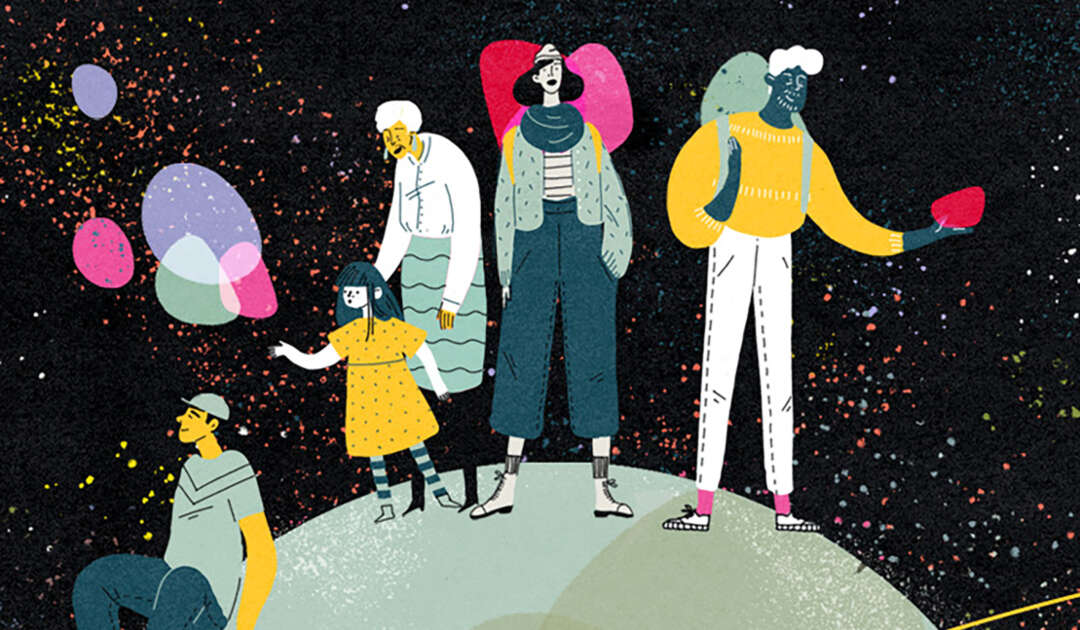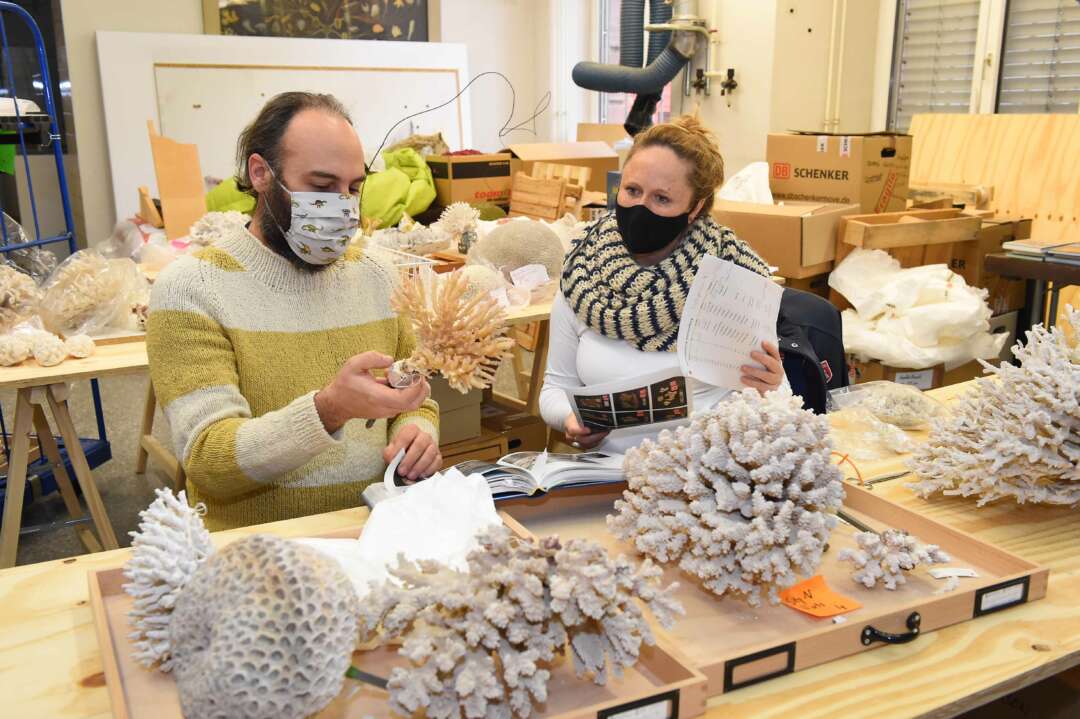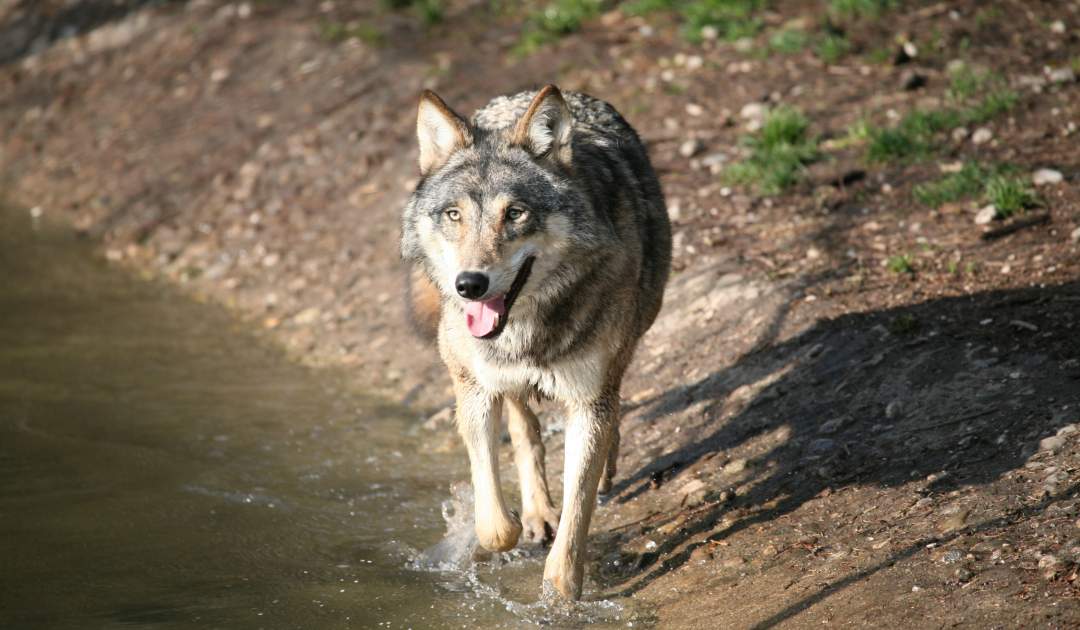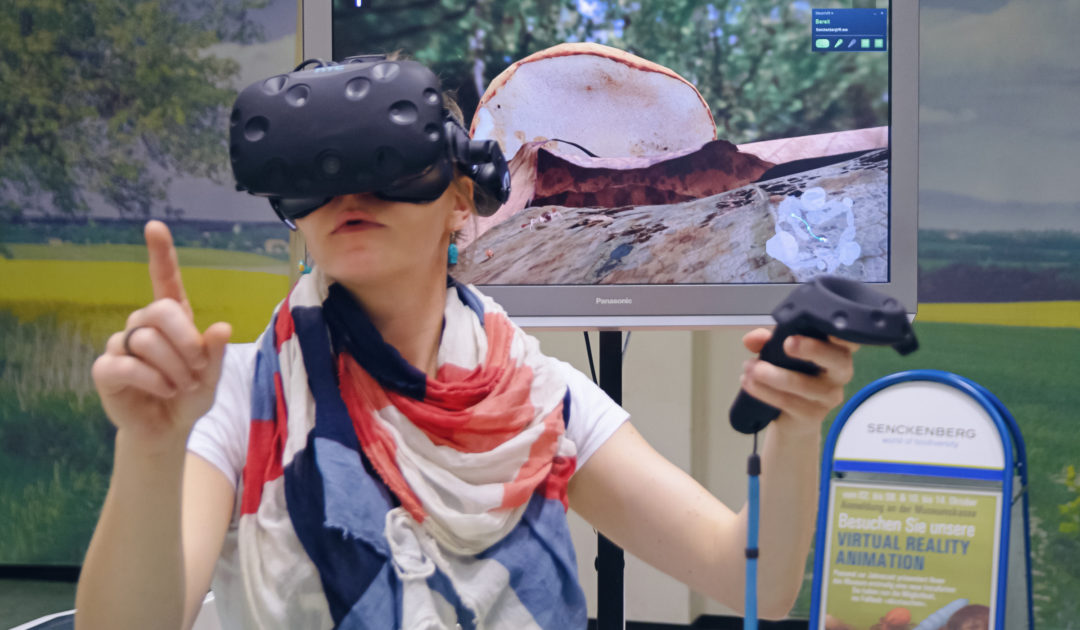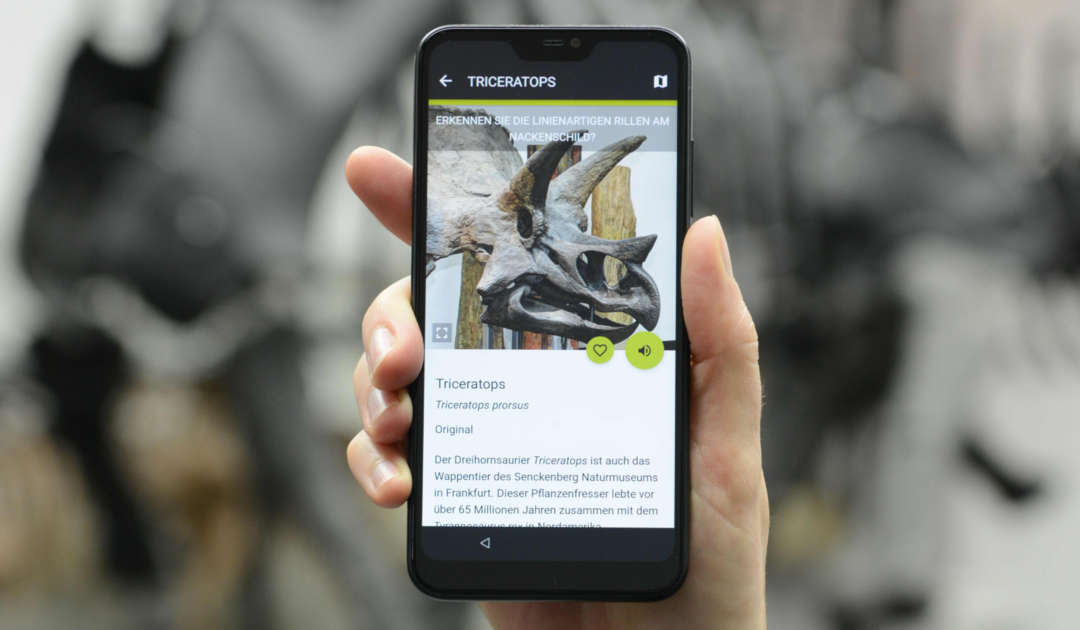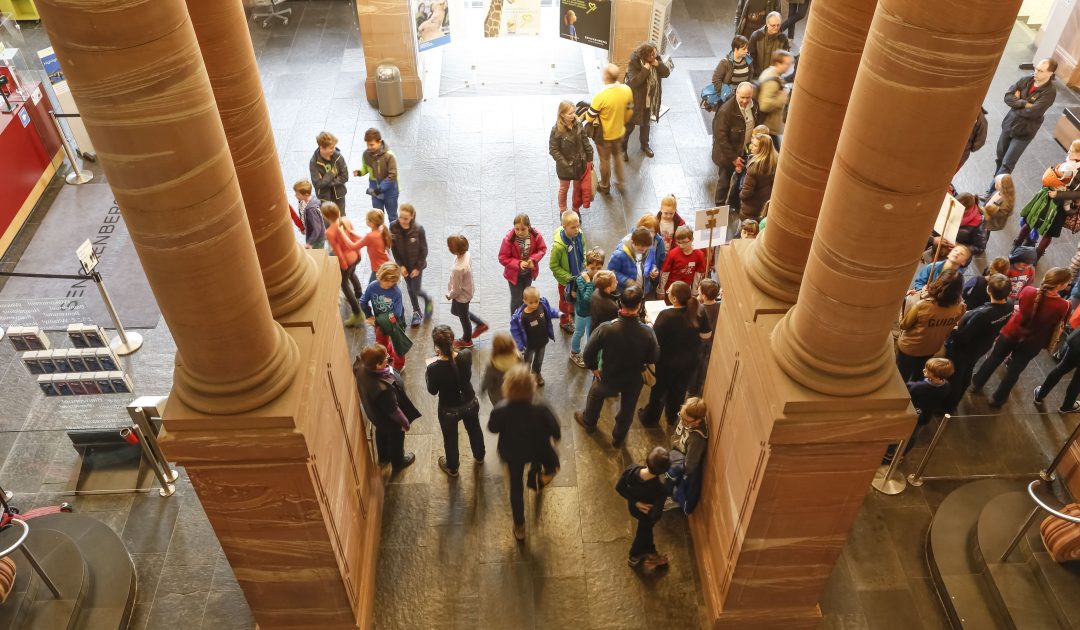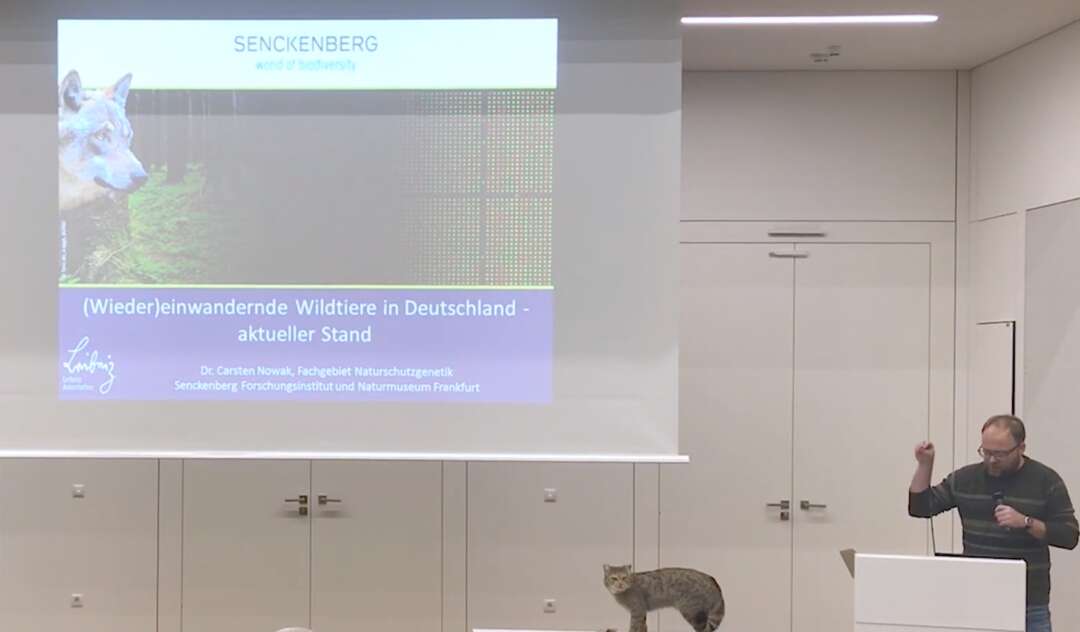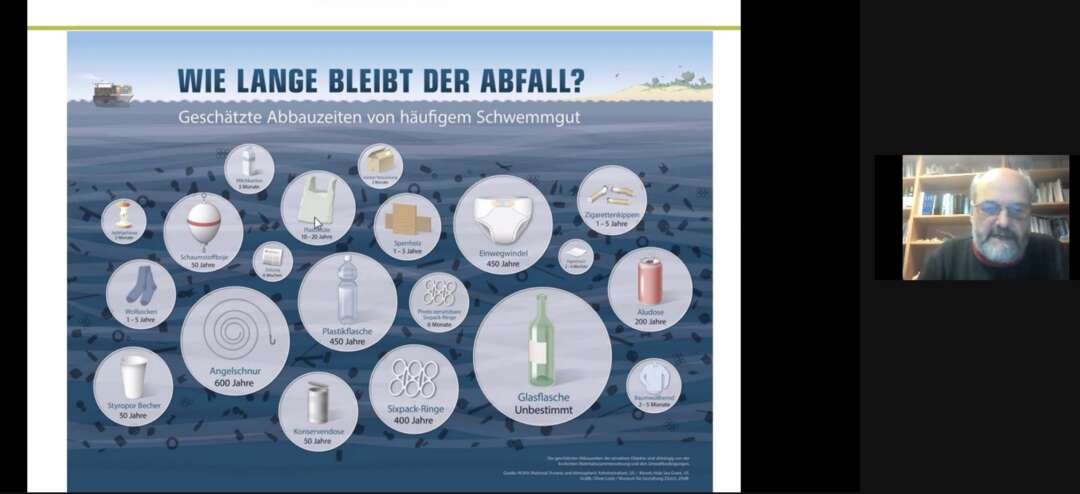Action Plan Leibniz Research Museums
The Senckenberg Gesellschaft für Naturforschung is pleased to announce that our three museums in Frankfurt am Main, Görlitz and Dresden are part of the Leibniz Research Museums Action Plan!
A world on the move
In a rapidly changing world, the creation of partnerships and collaborations is all the more important, it is all the more urgent to use all available means to form stable platforms on which the society of the future can grow.
The eight Leibniz research museums have dedicated themselves to this goal: with a joint action plan, they are strengthening their position as an interface between science and society. The central theme “A World on the Move” is thereby conveyed in two steps, Action Plan I and Action Plan II, and through various activities.
The Action Plan II is a joint project designed for 2 years. Guided by the understanding that access to knowledge and knowledge resources is the basis for the formation of a critical power of judgment and thus fundamental for our society, the Leibniz Research Museums are joining forces. The aim of the action plan is to promote exchange and dialogue between science and society on the great global challenges of our time and to address broad sections of society in a “barrier-free” manner.
Under the heading “A World on the Move” (“Eine Welt in Bewegung”), this goal is implemented on the topics of mobility – migration – movement.
Coral Reef Exhibition
A breathtaking, immersive exhibition of tropical coral reefs is being developed with funding from Action Plan II. With regard to the overarching theme of “migration”, this can be object- and research-based to show how, for example, species have migrated or emigrated to reefs over the course of evolutionary history, or what the consequences of today’s immigration of new “invasive species” are on reef ecosystems.
Preview of the exhibition
KnowWolf
The Leibniz project KnowWolf investigates societal attitudes towards wolves in different contexts and which role emotions play in the transfer of knowledge about such large carnivores. Based on this, dialogue platforms will be created in various research museums within the framework of Action Plan II, which will enable a more intensive social debate on the topic of wolves. In contrast to the science-oriented KnowWolf project, the focus here will be on playful formats in order to increasingly involve children and young people.
Read more
Digitization and inclusion
With the funding from Action Plan II, the Senckenberg Museum für Naturkunde Görlitz and the Senckenberg Natural History Collections Dresden plan to develop various inclusion initiatives aimed at making exhibitions accessible to people with disabilities, people with a migration background, and citizens from the border regions to Poland and the Czech Republic by means of innovative digital mediation formats. These innovative tools for knowledge transfer will be tested in Görlitz and Dresden and tested for transferability together with the other Leibniz research museums.
Digital formats and exhibition
At the Naturmuseum Frankfurt, a first version of the Mediaguide was launched in spring 2019. As an app solution, it offers visitors better access to the objects in the exhibition and more in-depth information on the topics presented and on current research findings. In a second step, innovative didactic possibilities for making objects and exhibition topics accessible are now to be developed. These include augmented reality applications and interactive modules in which visitors can learn through discovery. In the long term, the Mediaguide will also be used as a tool for inclusion and accessibility in the exhibition.
Link to the app
Youth Council
The focus is on the conceptual development and establishment of a youth advisory board at the Frankfurt Nature Museum as a participation format. The goal is to actively involve young people in the design of the museum and to make their perspectives visible in exhibitions, events and communication. Synergies with digital formats and current projects are used and the youth advisory council is thus closely intertwined with everyday museum life. A possible transferability of the concept to the other research museums is being examined.
Link to the Youth Council
Lecture Series
Migrations, mobility and migration in a global context
Everything flows – movement is what makes up this planet and everything that lives on it. In nature there is no standstill. (Movement drives evolution and influences it in many different ways. Humans, with their interventions in the Earth system, are now themselves the greatest cause of movement.
Movement is currently also an important social topic – be it the area shifts and often man-made invasions of plants and animals in the changing Earth system or the movement of humans themselves. Even though modern humans are now predominantly sedentary, traditional nomadic lifestyles persist to this day – for how much longer? And around the world, people are fleeing hostile living conditions, often seen as a threat by those not affected. But how are climate change, environmental crises and human mobility actually related? Are they really causes of major flight movements today – or is it more complicated than that?
The lecture series “World on the Move” puts all these literally moving issues into context: namely, what do they mean for us humans, and how do we deal with them?
The series culminated in a panel discussion: at the “Senckenberg Forum: On the move”, scientists from various disciplines discussed the topic of movement.
All presentations were recorded and can be viewed here.
Lecture Series
Our blue planet – Fragile marine worlds and their exploration
Endless expanses, clear blue, sun, nature, beauty – these are probably the first things that come to mind when most people think of seas and oceans. Unfortunately, the reality is different. The oceans are in a critical state: the populations of many species are severely threatened. Seawater is getting warmer and more acidic, coral reefs are dying. Wildlife is suffering from ever-increasing amounts of plastic. Storm surges threaten many coasts deprived of their natural protective fringes and their inhabitants. And the consequences of future deep-sea mining are not yet foreseeable.
Our oceans are a global public good. To protect them effectively requires not only international treaties, but above all constant observation and comprehensive research – because we know less about large parts of the deep sea than we do about the moon. Senckenberg is active in both areas together with many international partners. The new exhibition areas Deep Sea, Marine Research and Coral Reef (2021) at our Frankfurt museum are intended to serve as a showcase for science and – just in time for the UN Decade of Ocean Exploration, which begins in 2021 – to inform and raise awareness of this important topic, as will this series of lectures.
In Coorperation with the “GEOMAR – Helmholtz-Zentrum für Ozeanforschung Kiel”.
The lectures take place digitally and can be viewed here.
Global Summit of Research Museums
A total of 232 museum representatives from 109 institutions from a total of 24 countries participated in the world’s first conference of research museums from November 4 to 6, 2018.
The aim was to intensify the dialogue between science, culture and society in order to develop new innovative solutions to the challenges of the modern world using cutting-edge science and international digital infrastructures. During the conference, it was decided that a global knowledge and collection network of research museums will be created.
Finally, the participants signed a declaration which underlines that research museums around the globe can jointly initiate the necessary processes of social change.
It states, “In the future, the dialogue between science, culture and society must be intensified in order to develop new innovative solutions to the challenges of the modern world using cutting-edge science and international digital infrastructures.”
In Action Plan I, scientific, societal, and cultural challenges of our time were addressed with combined expertise. Topics such as environmental phenomena, educational disparities, and the urgent preservation of cultural heritage were addressed in this first step and will be continued in part in Action Plan II.
